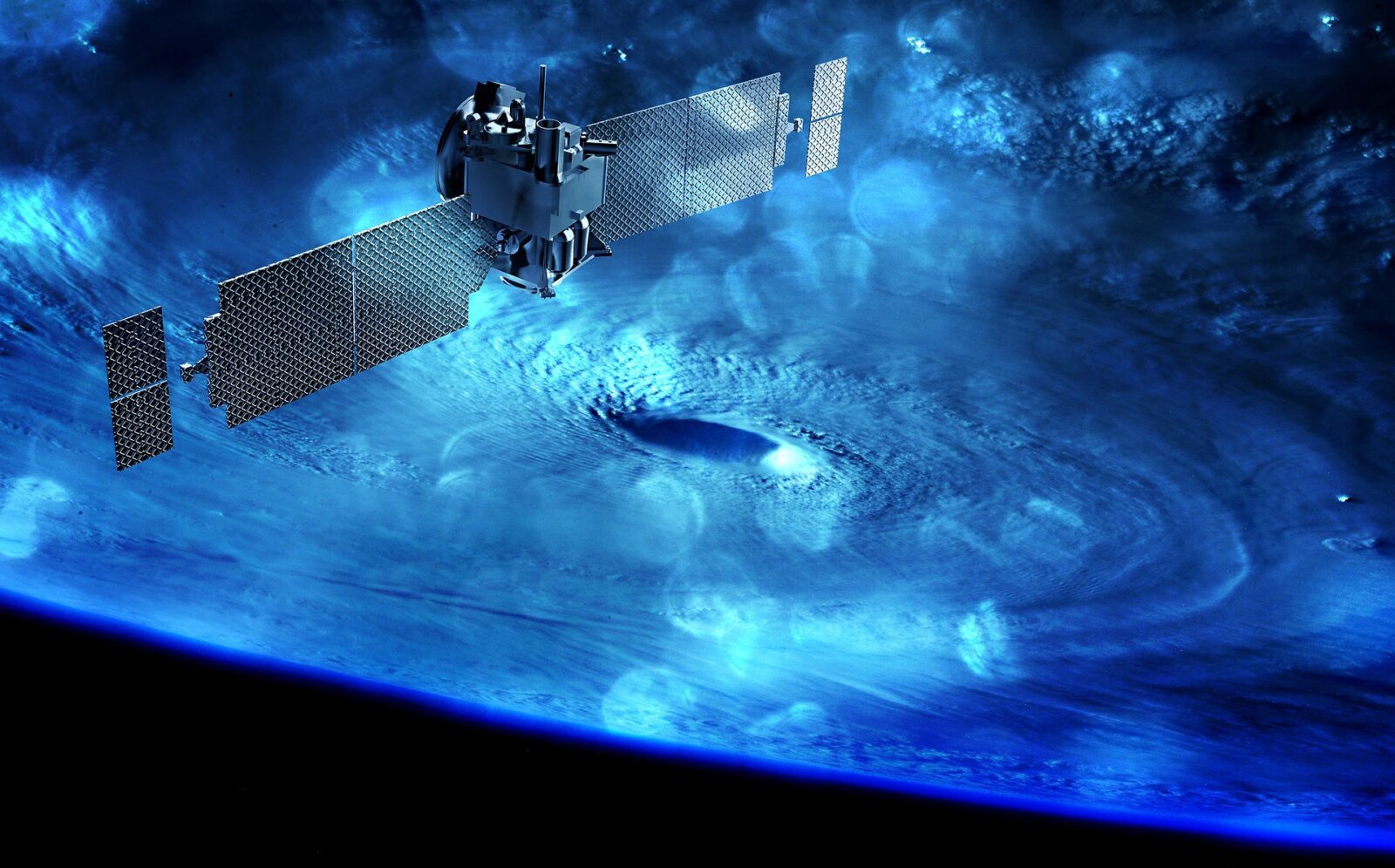Since the dawn of time, humans wanted to travel among the stars and the depths of the heavens. While technology allowed the human race to explore a very tiny part of space, astronomers might need to apply a different recipe.
Instead of trying to send humans to remote places in space, why wouldn’t astronomers count more on robots for such a job? Our mechanical friends are obviously more durable. Furthermore, NASA already has an impressive history when it comes to sending rovers to the Moon or Mars.
Sending humans to Mars is a bad idea?
NASA and SpaceX take into account for a few years to send humans to Mars. It would be for the first time when Earthlings land on the Red Planet. But not everybody thinks it’s a good idea.
According to The Guardian, the British cosmologist and astronomer royal Martin Rees thinks that robots that could explore remote worlds have become better along the years. This was possible thanks to AI and obviously, the progress of technology. Furthermore, he believes that space agencies should prioritize such missions to the detriment of those involving humans onboard.
Here’s what Rees stated, as quoted by the famous publication:
We should not have publicly funded programmes to send people to the moon, still less to Mars,
It’s hugely risky, hugely expensive, and there’s no practical or scientific benefit to sending humans. It’s a pretty bad bargain for the taxpayer.
Last but not least, the cosmologist also suggests that robots that will be sent to other worlds two decades from now would be far superior to the ones from the present. Those robots will be able to decide what to do on Mars as well as a human geologist.
Amusingly or not, Rees spoke about the importance for space agencies to rely on billionaires who are able to privately fund space missions.












Leave a Reply